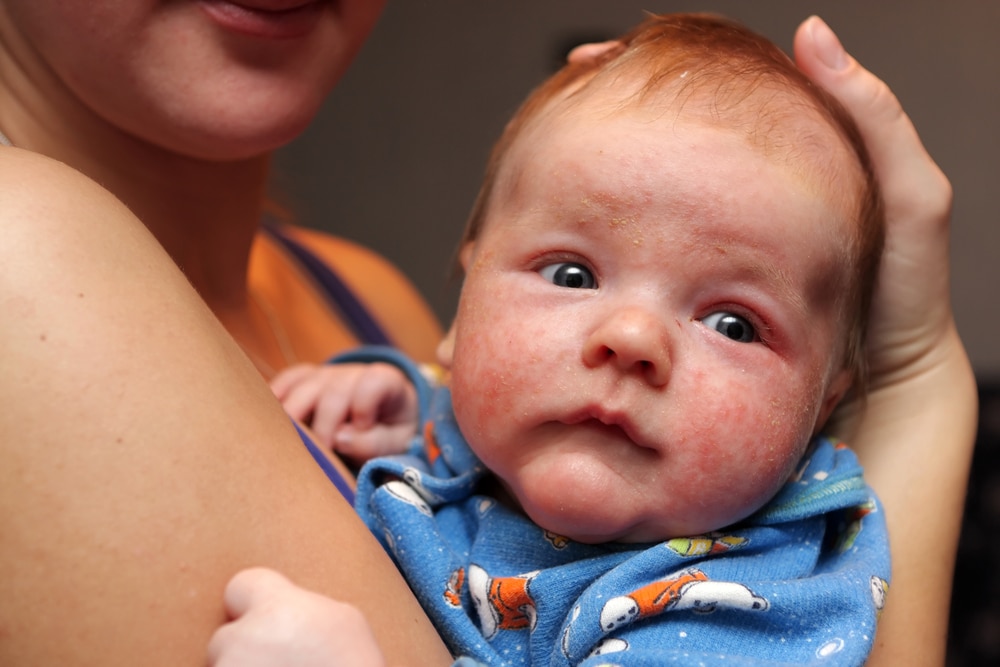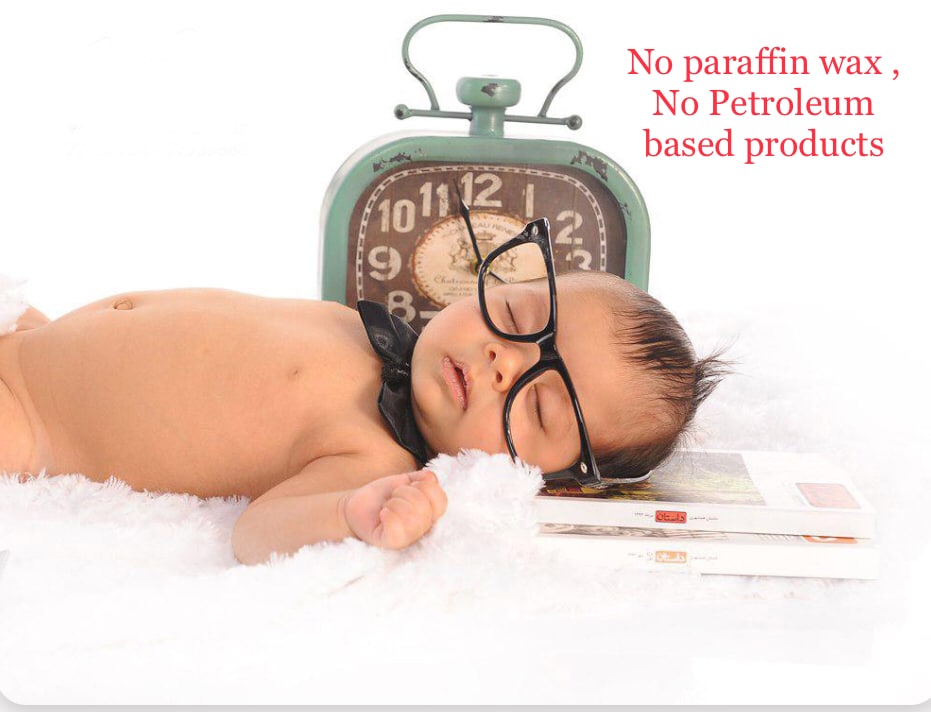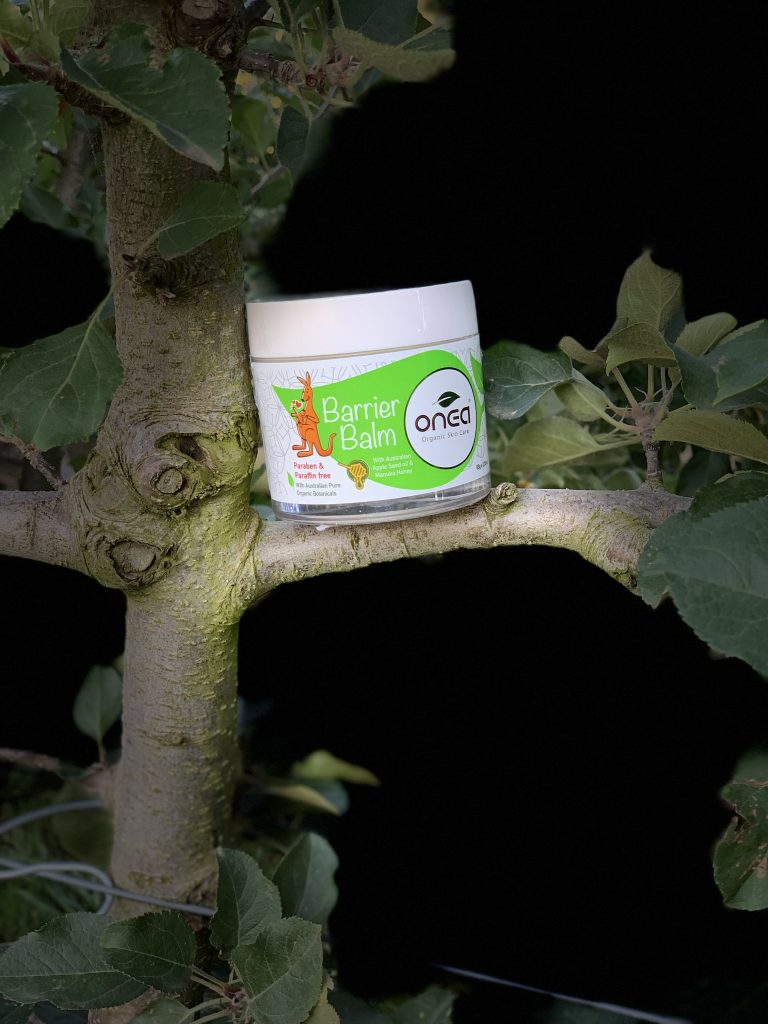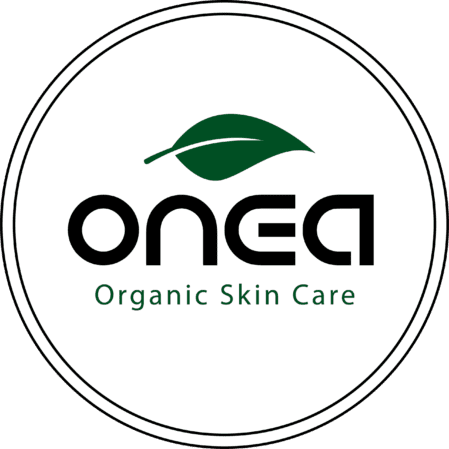Eczema In Babies, Signs & Symptoms
please read your list of ingredients on the baby skincare products you are using on your baby.

Baby eczema is a dry, itchy and sore skin condition characterised by small red skin bumps. Eczema begins in infants generally from two months of age, and in 65% of the children, it appears in the first 12 months after birth. Eczema is not contagious and is not an infectious disease, but by scratching the Eczema the bacteria may penetrate the skin and cause infection, so you should immediately take the necessary measures and please always consult your GP or doctor.
Signs & symptoms of eczema in babies
Eczema is commonly seen in the form of dry, itchy skin on the babies cheeks, chin, forehead, and scalp. Infants from 6 to 12 months old, eczema is often seen on the elbows, and the knees of the baby, the elbows and knees of the baby are easily rubbed and scratched also. If eczema is infected, yellow skin or a tiny prickly bulb may appear on the surface of the skin.
The reason why infants develop skin eczema is not yet known, but the combination of genetic factors and environmental factors increases the risk of developing eczema in newborns.
Infants whose family members have a history of eczema, hay fever and asthma are more likely to develop eczema than others. Eczema is caused by immune system disorders and affects the skin’s ability to moisturise itself. Various environmental factors may cause a reaction to the immune system.
For example :
– Animal hair, environmental pollutants, and dust
– Allergy foods like peanut butter, soy, and eggs
– Woollen or synthetic woven garments
– cigarette smoke
– Scented products such as detergents, perfumes, and aerosols
– Heat or extreme dryness of the air
– Skin infections

Treatment for Eczema :
1- Frequently wash and bath your baby: A regular baby bath is beneficial in treating dry skin. The use of a tub is better than a shower and should be warm (not hot) and have a minimum of 10 minutes. Use soap-free and natural mild based baby washes.
Note: Don’t use soap on your baby. Because soap will dry out your babies skin and can make eczema worse, look for soap-free washes when you wash your baby.
2-Keep your baby’s skin moisturised: Your babies skin should not be dry. Use moisturisers, such as ointments, creams, and lotions, these should be applied to the skin at least twice a day.
3- Balms with zinc oxide, Zinc Oxide is well known for its moisture retaining properties on your babies delicate, sensitive skin and is excellent to use on your baby especially during nappy change time. Zinc is also known for its healing and anti-bacterial properties and also helps with burns.

Note: Lastly please read your list of ingredients on the baby skincare products you are using on your baby if in doubt contact the manufacturer or ask your pharmacist/doctor for advice, not all baby skincare products are equal. Please avoid Petroleum based products like paraffin and petroleum jelly as this may cause more skin irritations. We will be covering more on Packaging labelling, and ingredient’s in future posts so stay tuned.
I hope this helps the mums & Dads out there remember please always consult your local GP or doctor for advice.
Do check all our baby skincare natural products:
Talc free baby powder
Baby eczema cream and nappy rash barrier balm
Natural baby moisturiser
Mum and baby massage oil
Natural baby wash
Happy baby, happy life

